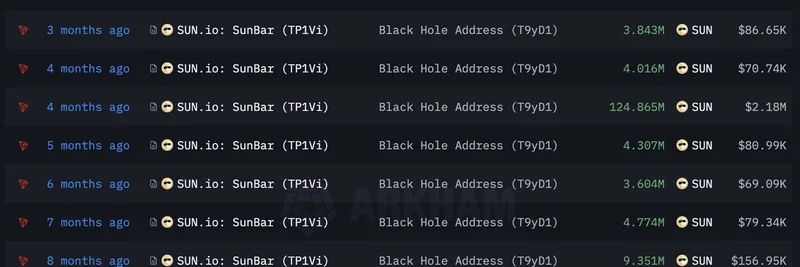Have you ever wondered why not all crypto tokens are created equal? In the dynamic world of blockchain finance, tokens serve various purposes, from representing ownership to driving revenue and governance. Let's break down the insights shared by Solana Legend in a recent tweet that sparked a lot of interest.
The Spectrum of Crypto Tokens
Solana Legend's tweet highlights a crucial point: the diversity among crypto tokens. Some tokens are essentially tokenized equity, with nearly 100% of the revenue directed towards them through buybacks or distributions. Others might only capture 5-10% of the revenue without any voting power, while some are purely for governance with no revenue share at all.
Tokenized Equity: A Closer Look
Tokenized equity refers to digital representations of ownership in a company or asset, often issued on a blockchain. These tokens can include rights to dividends and voting, similar to traditional stocks but with the added benefits of blockchain technology. For instance, Investopedia explains that tokenized equity can be programmed to automatically distribute dividends based on ownership percentage through smart contracts.
Revenue Participation Tokens
On the other hand, revenue participation tokens are designed to give investors a share of future profits. According to CoinMarketCap, these tokens use a two-token system: a participation token and a payout token. The participation token represents the investor's claim on a percentage of the company's revenue, which is then paid out in the form of a second token that can be redeemed or traded.
Governance Tokens
Governance tokens, as the name suggests, are primarily used for decision-making within a decentralized autonomous organization (DAO) or protocol. They often lack direct revenue streams but hold significant power in shaping the future of the project. This is a critical distinction, as these tokens might not offer financial returns but can influence the protocol's direction.
Why It Matters
Understanding these differences is vital for investors and practitioners in the crypto space. As Solana Legend points out, the lack of clear delineation between these types of tokens can lead to confusion and misinvestment. For example, treating a governance token with no revenue share the same as a tokenized equity with a high revenue claim can result in skewed expectations and financial decisions.
The Need for Clarity
The tweet also touches on the broader issue of investor confidence. Without a clear understanding of what each token represents, it's challenging to underwrite investments effectively. This is where the evolving regulatory landscape and educational initiatives come into play, aiming to provide more transparency and structure to the crypto markets.
Practical Implications for Meme Tokens
Even within the niche of meme tokens, which often start as jokes or cultural phenomena, these principles apply. Some meme tokens might evolve to include revenue-sharing models or governance structures, blurring the lines further. For instance, projects like Dogecoin have seen discussions around potential utility beyond being a meme, including charitable donations and even proposals for governance.
Conclusion
The conversation around token diversity is not just academic; it's a practical concern for anyone involved in the crypto space. Whether you're a seasoned investor or a newcomer, recognizing the nuances between tokenized equity, revenue participation tokens, and governance tokens can significantly impact your strategy. As the market continues to mature, staying informed and adaptable will be key to navigating this complex landscape.
So, next time you encounter a new token, ask yourself: What type of token is it, and what does it really represent? The answer might just change how you view the entire crypto ecosystem.




